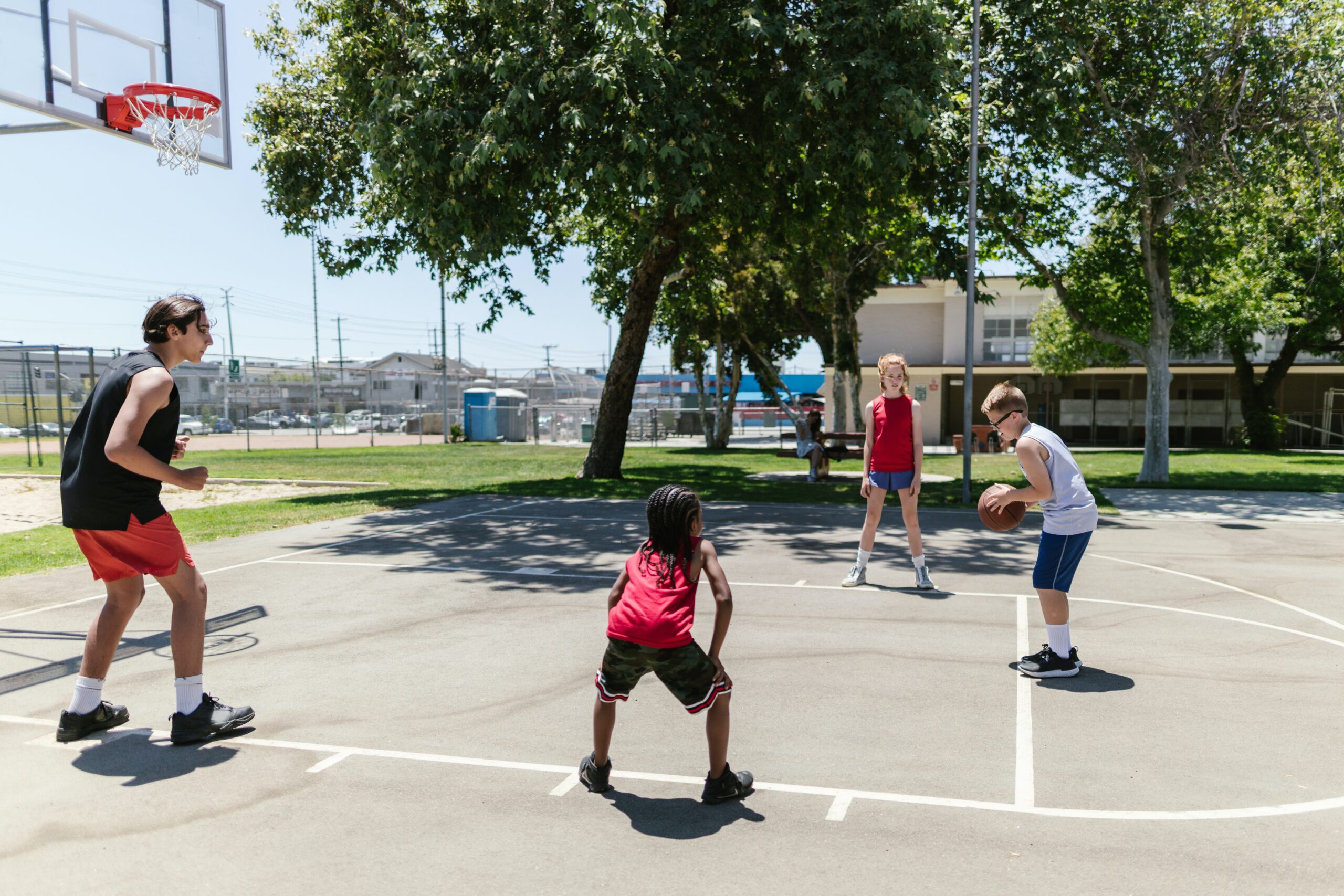

Perfectionism is a complex personality trait that for some starts as early as childhood. It involves the desire to do things well, but also an intense fear of failure or negative judgment. A perfectionist student athlete strives for flawlessness in their actions and work, which can be both a positive and negative thing. In some cases, this can be an asset that pushes student athletes to achieve more than they would have otherwise. But it can also become a liability if it’s not managed properly. Perfectionists may feel pressure when competing because of their own high standards as well as external pressures from parents, coaches, teammates, and even opponents. Knowing how to help them cope with pressure will help them succeed in the long run, both in and out of sports.
“Research ties perfectionism in children and adolescents to a range of negative feelings and behaviors, including anxiety, depression, burnout, overthinking, self-criticism, social stress, sadness, test anxiety, sleep problems, and eating disorders. It can hamper creativity, mess with concentration and lead to procrastination and academic avoidance.” (“What to Do if Your Child Is a Perfectionist | U.S. News”)[1]
What is the difference between pressure and stress? Stress is an inevitable part of everyday life. It is the normal response to a situation or environment that poses a threat to health or safety. Stressful situations can range from occasional, short-term events like taking a major exam or competing in a big game. Stress can be thought of as a “good” thing, because it energizes you, focuses your attention and helps you meet challenges. However, when stress becomes excessive and lasts for an extended period of time it can lead to problems with physical and mental health.
There are a variety of reasons kids today feel the pressure to be perfect. As standards rise, students must up their level of performance to be competitive. Additionally, children may pick up perfectionist tendencies from a variety of sources including social media or trauma. Parents may also inadvertently push their children towards perfection by only praising excellence, and on the opposite end of the spectrum, never allowing children to experience failure. This can all lead to mounting pressure to succeed, which can affect a child’s motivation and mental health.
While the desire to attain exceptional results is admirable, perfectionists often set their goals too high and hold themselves to impossibly high standards. This can lead to feelings of inadequacy and disappointment, which can have a detrimental impact on athletic performance as well as other areas in life. It can also lead to burnout. Perfectionist athletes often have limiting beliefs that can be harmful because they have such high standards for themselves. Some examples of these include thoughts like, I must win. I must be the best. I can’t make any mistakes. I must be perfect. While there are a few people who manage to meet these impossibly high standards, most people don’t. Even those who do reach it will not be able to sustain that level of performance forever or at all times.
Want more support? Check out our student athlete mental health and mindset programs here.
[1] “What to Do if Your Child Is a Perfectionist | K-12 Schools | U.S. News.” US News & World Report, 2 Sept. 2022, www.usnews.com/education/k12/articles/what-to-do-if-your-child-is-a-perfectionist.
When you think of sports legends, you might picture clutch moments, world-class talent, or relentless…
Every athlete knows the importance of rest and recovery. However, many athletes experience issues like…
It’s safe to say that Jayden Daniels is having an outlier rookie season in the…
Photo by Tony Schnagl Comparison is a natural part of the athletic journey. Every athlete…
Photo by Marcel Strauß on Unsplash Emotions. We all have them. Sometimes they are simple…
Image by 3D Animation Production Company from Pixabay Just before the start of the 2024…